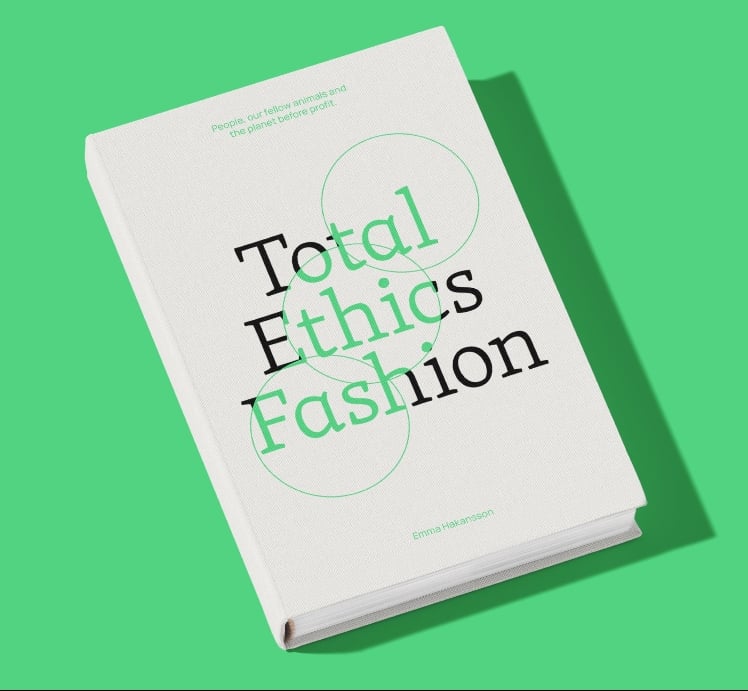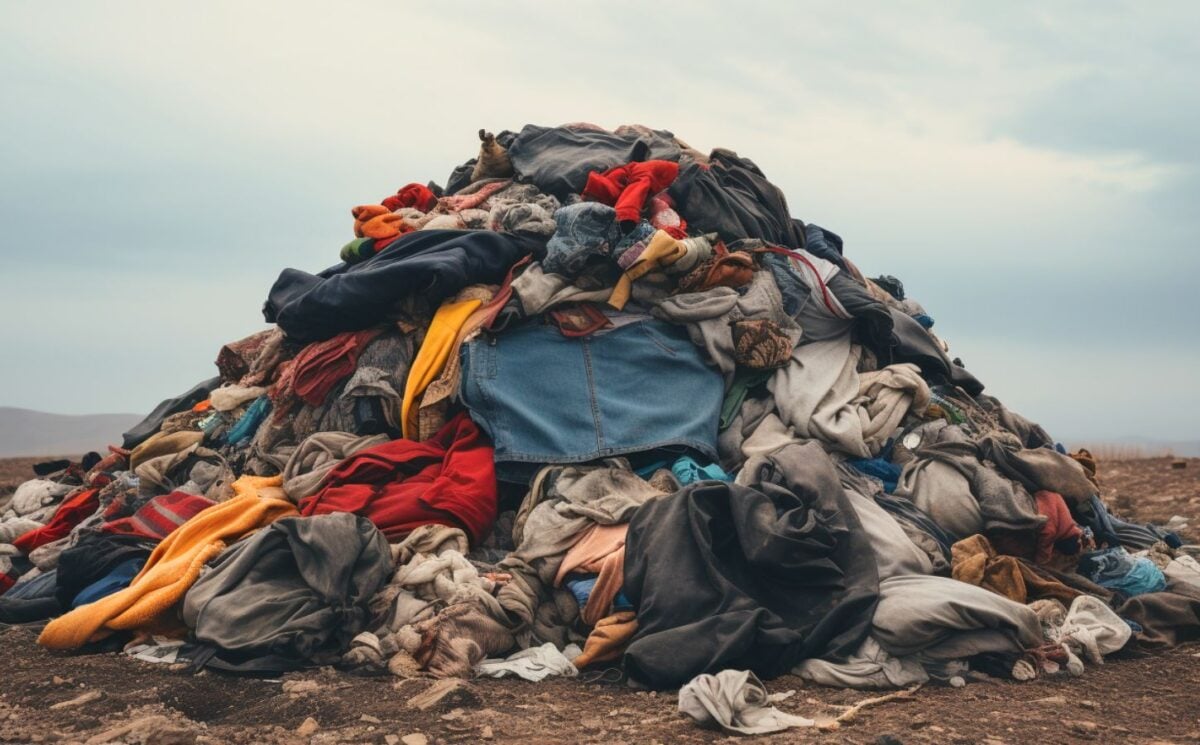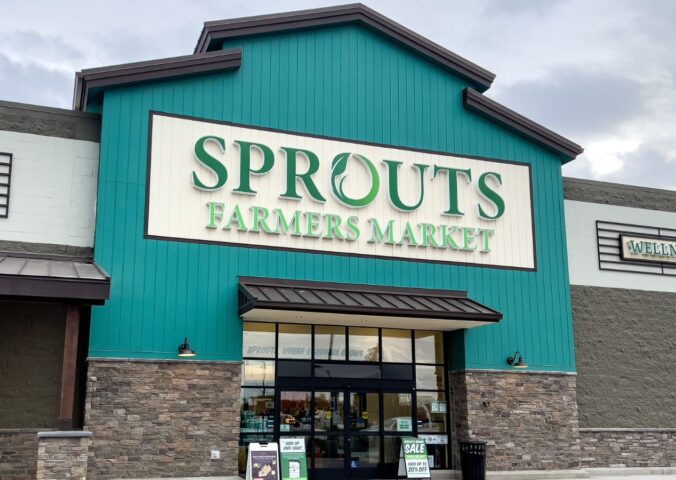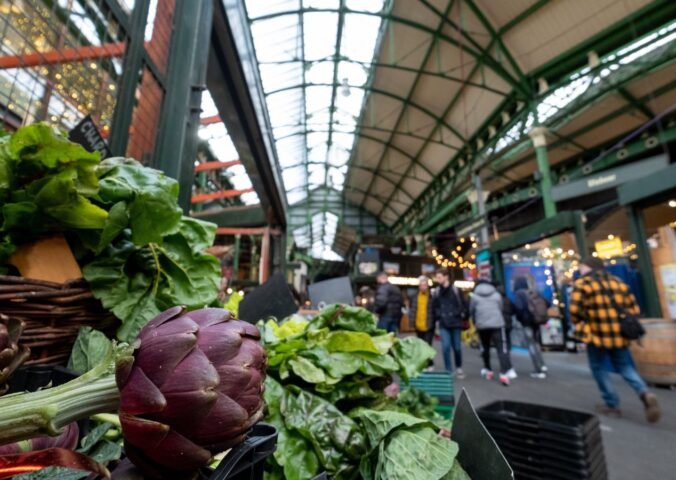A newly-released book explores how the fashion industry has exploited animals, people, and the planet, and how it can change to prioritize our collective well-being.
Written by Emma Hakansson, founding director of the non-profit Collective Fashion Justice, Total Ethics Fashion: People, our fellow animals and the planet before profit explores what is so problematic about the fashion industry in its current form. Hakansson argues that fashion has become a “race to the bottom,” sacrificing creativity and sustainability to produce cheap, disposable clothes at a great ethical cost.
The book shows a way forward for the fashion industry so that it can regain its creativity and put animals, people, and planet before profit. Hakansson’s vision for fashion’s future is encapsulated in a the Total Ethics Manifesto, which is being launched alongside the book today.
The industry, says the Manifesto, must embrace “a just transition to a fashion system which pays living wages to everyone across all supply chains, which is slow, circular and respectful of planetary boundaries, and which shifts to sustainable and just alternatives to fossil fuel-based, deforestation-driven and animal-derived materials alike.”
“The changes called for in the Total Ethics Fashion Manifesto are significant and will take time,” Hakansson told Plant Based News. “But a growing portion of the fashion industry is taking steps towards it. We don’t have time left to ignore our need for a total ethics fashion transition, as the climate crisis worsens, more animals and humans alike suffer in a system of interconnected harm.”
Individuals and institutions connected to the fashion world can sign the Manifesto, as can politicians, policy-makers, journalists, scientists, academics, celebrities, and influencers. Signatories already include the Center for Biological Diversity, Fashion Revolution India, and animal activist and writer Bel Jacobs.
Launch event

At a launch event for the book and manifesto in London earlier this week, panellists discussed how the injustices in the fashion industry reflect the global crises we are facing.
Bel Jacobs, who was on the panel, described the “hidden driver” of the wider process of global systemic decline as “a way of living and being premised on self-maximization through the plunder of the other. Whether the others are different humans, different species, or the planet itself.”
The discussion also covered how “ethical” and “sustainable” fashion has so far only partially managed to address injustices in fashion. “We’d see that something will be ethical because there’s fair labor behind it,” said Hakansson. “And that’s so important, but it might be fair labor producing something made from the suffering of an animal. We also might see something that’s labelled as vegan but it’s made from fossil fuel-derived material which also isn’t part of the future of fashion.
Referring to Hakansson’s book, moderator Issey Gladston noted that it shows “that we’re at a crossroads right now” and that fashion “can be this force for good … or it can be this force of destruction. And actually we get to decide how we move forward.”
Collective Fashion Justice
Hakansson started Collective Fashion Justice in 2020 to address the three interwoven injustices in the fashion industry: environmental, humanitarian, and anti-speciesist. Other efforts to clean up fashion have tended to focus only on one of these problems at a time.
“So often we consider what ‘ethics’ or ‘sustainability’ in fashion means in an isolated sense, considering just one issue, rather than the web of interconnected injustices which cannot be solved without a collective approach,” Hakansson said.
Collective Fashion Justice pinpoints “fashion’s animal-derived product supply chains” as the point on which all these injustices converge.
“Animals have been excluded from the conversation of fashion and ethics for too long,” said Hakansson. “But the same root of oppression which justifies exploiting animals as materials in fashion also makes way for the exploitation of garment workers and the planet. We must move beyond systems of exploitation and destruction as a whole — leaving no one behind.”
The harms of the fashion industry
The 2022 documentary SLAY, on which Hakansson worked as a line producer, researcher, and interviewee, woke many people up to the hidden costs of using animals to make fashion.
Among the disturbing facts it brought to the surface is that as many as 1.5 billion animals are skinned in fashion supply chains for leather each year. Tanning leather requires up to 170 unique polluting chemicals such as fungicides and biocides. Multiple fashion brands may also be contributing to deforestation in the Amazon through the supply chains.
The leather supply chain is riddled with injustices. It “typically includes not only the inherent animal commodification and slaughter, but also massive methane emissions and biodiversity destruction, and frequently, unjust labour and exposure to carcinogenic substances by tannery workers,” Hakansson said.
“When so many different harms are associated with an animal-derived material supply chain, creating a just transition to more sustainable, animal-free and plastic-free materials benefits us all. This is true not only for leather, but across other animal-derived materials.”






